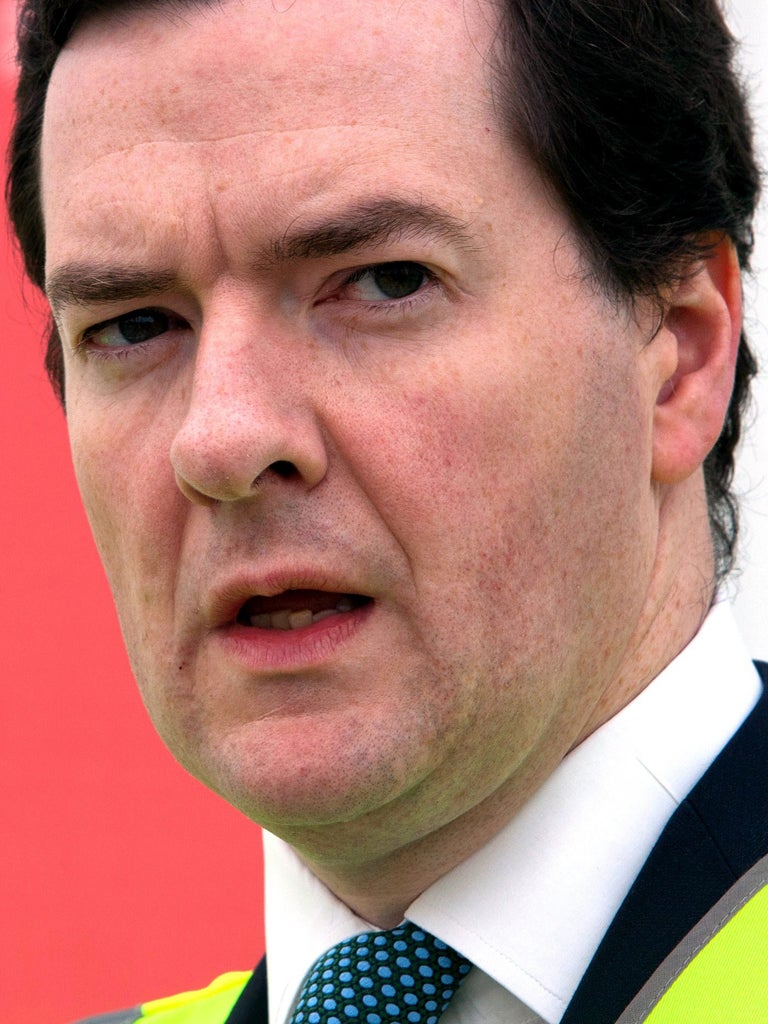Britain stands on the threshold of a "double dip" recession, according to the influential Organisation for Economic Co-operation and Development (OECD).
The latest report from the Paris-based thinktank – which will come as a serious blow to the Chancellor George Osborne on the eve of his Autumn Statement – projects that the British economy will contract in the final quarter of this year, by 0.025 per cent, before registering a further shrinkage of 0.15 per cent in the first three months of 2012.
This would fit the technical definition of a recession, which is two successive quarters of economic contraction, although it would be a mild downturn compared with the slump of 2008-2009, which saw UK output fall by 7.1 per cent.
The OECD was previously highly supportive of Mr Osborne's ambitious fiscal consolidation strategy, but now it also believes that the Chancellor needs to change his strategy to adapt should the economy deteriorate still further.
Slowing down the Government's programme of cuts would be warranted under such circumstances, the OECD said. The UK economy will grow by just 0.5 per cent in 2012, down from 1.8 per cent projected by the think tank in May, it said.
Growth projections from other forecasters have been tumbling in recent months too, and the Government's Office for Budget Responsibility (OBR) is expected to downgrade its own forecasts drastically today. The OECD blames the collapse in UK growth on a combination of cuts in government spending, households paying off debt and the turbulence created by a weakening global economy. It identified "rising uncertainty" resulting from the eurozone debt crisis as a strong source of economic headwinds.
In a further depressing forecast, the thinktank expects the UK unemployment rate to rise to 8.8 per cent in 2012 and to hit 9.1 per cent in 2013, which will mean a sharp rise in state unemployment benefit payments. Rising benefit payments and falls in tax revenues will see gross UK government debt hit 100 per cent of GDP by 2013.
Growth in the eurozone, however, is forecast by the OECD to be even weaker than in Britain next year. It expects an expansion of just 0.2 per cent across the single currency area in 2012, with France, Germany and Italy all experiencing larger contractions than the UK over the coming six months.
The OECD expects the Bank of England to increase its Quantitative Easing programme to £400bn. This would mean buying up 40% of the outstanding stock of Government bonds.
Subscribe to Independent Premium to bookmark this article
Want to bookmark your favourite articles and stories to read or reference later? Start your Independent Premium subscription today.


Join our commenting forum
Join thought-provoking conversations, follow other Independent readers and see their replies